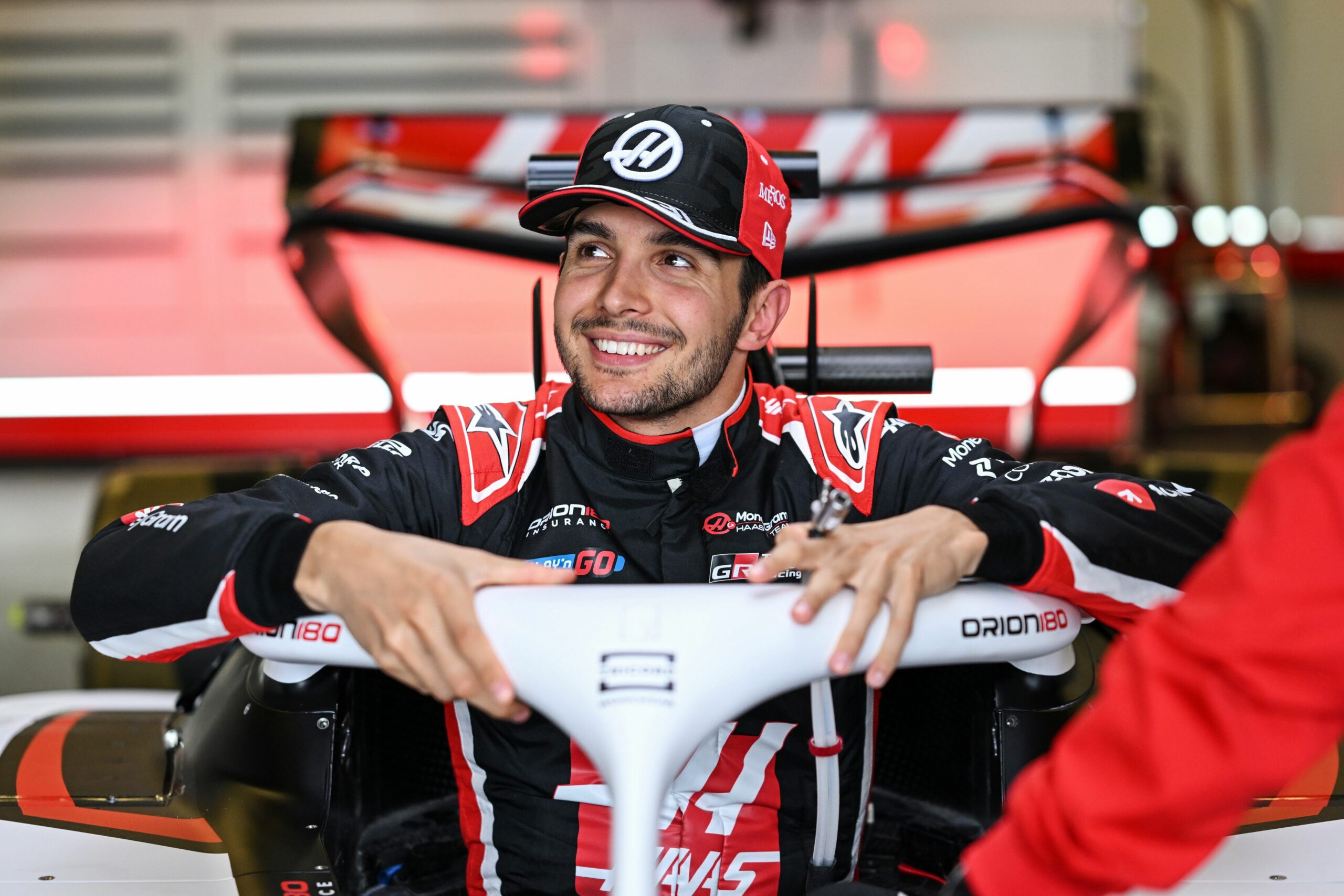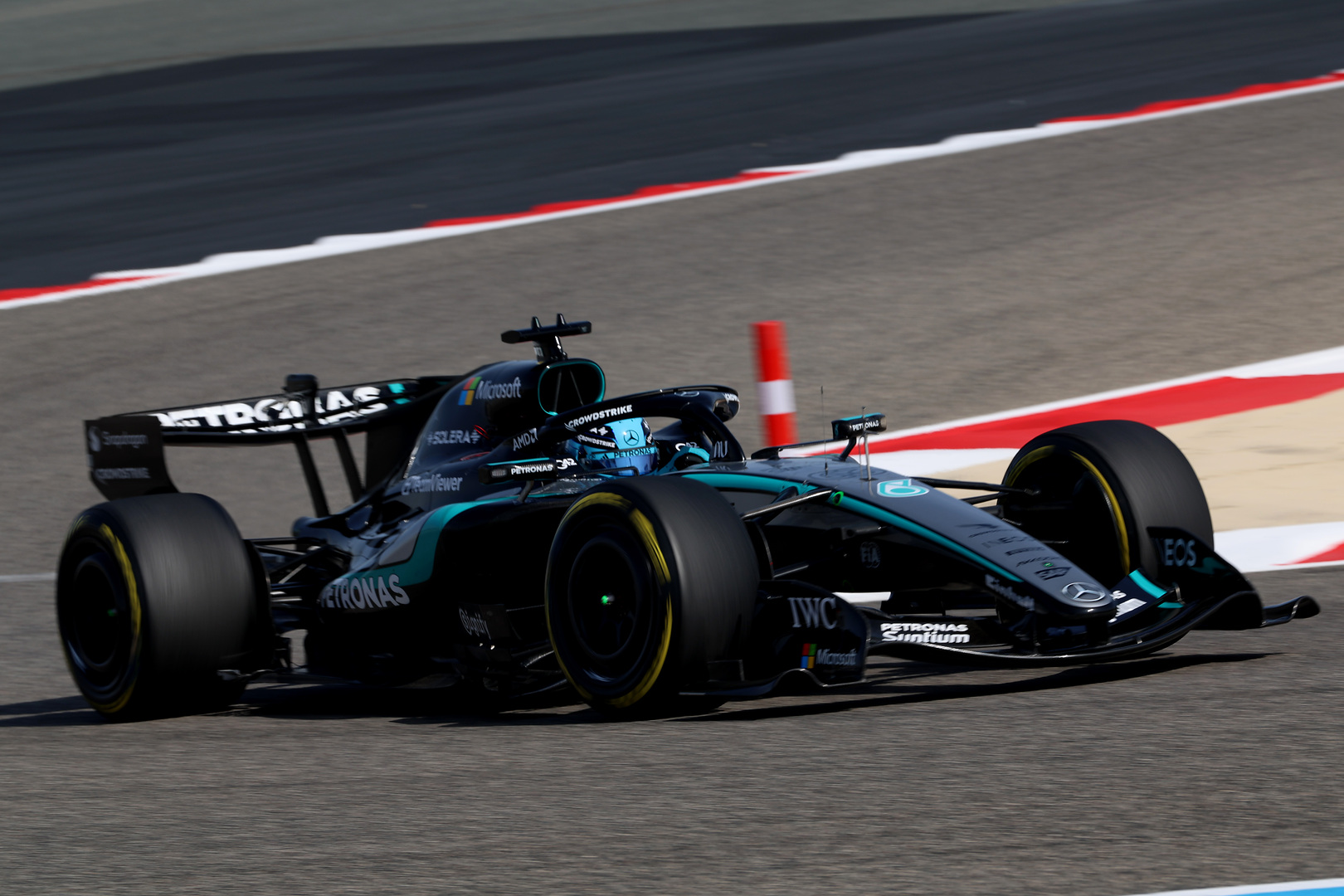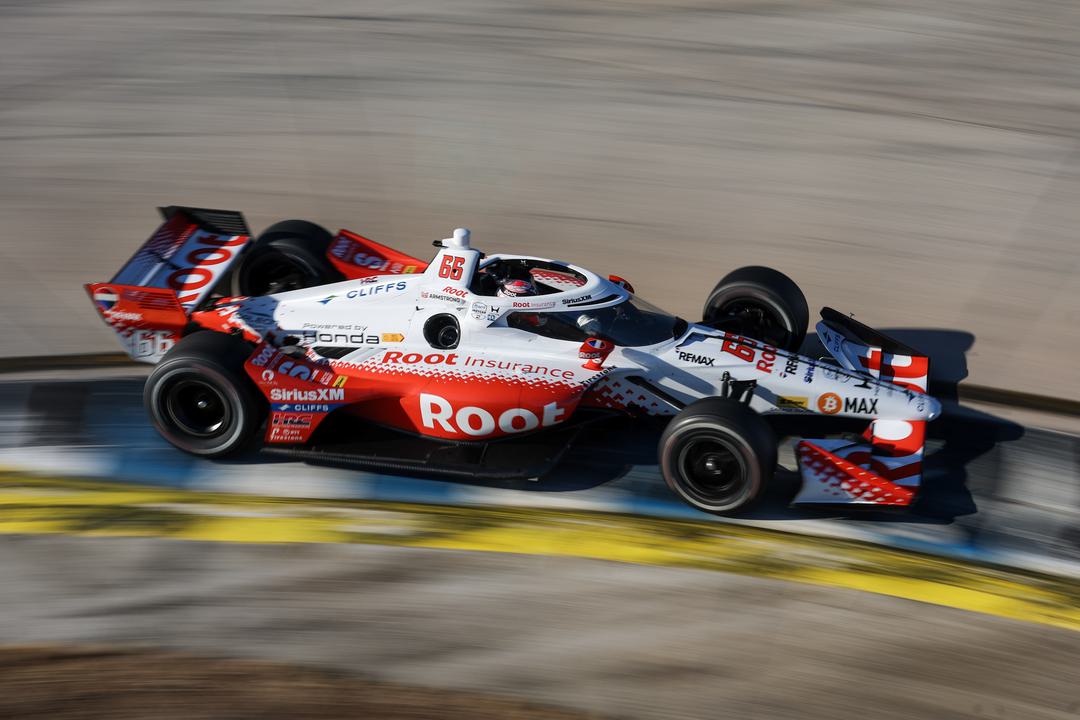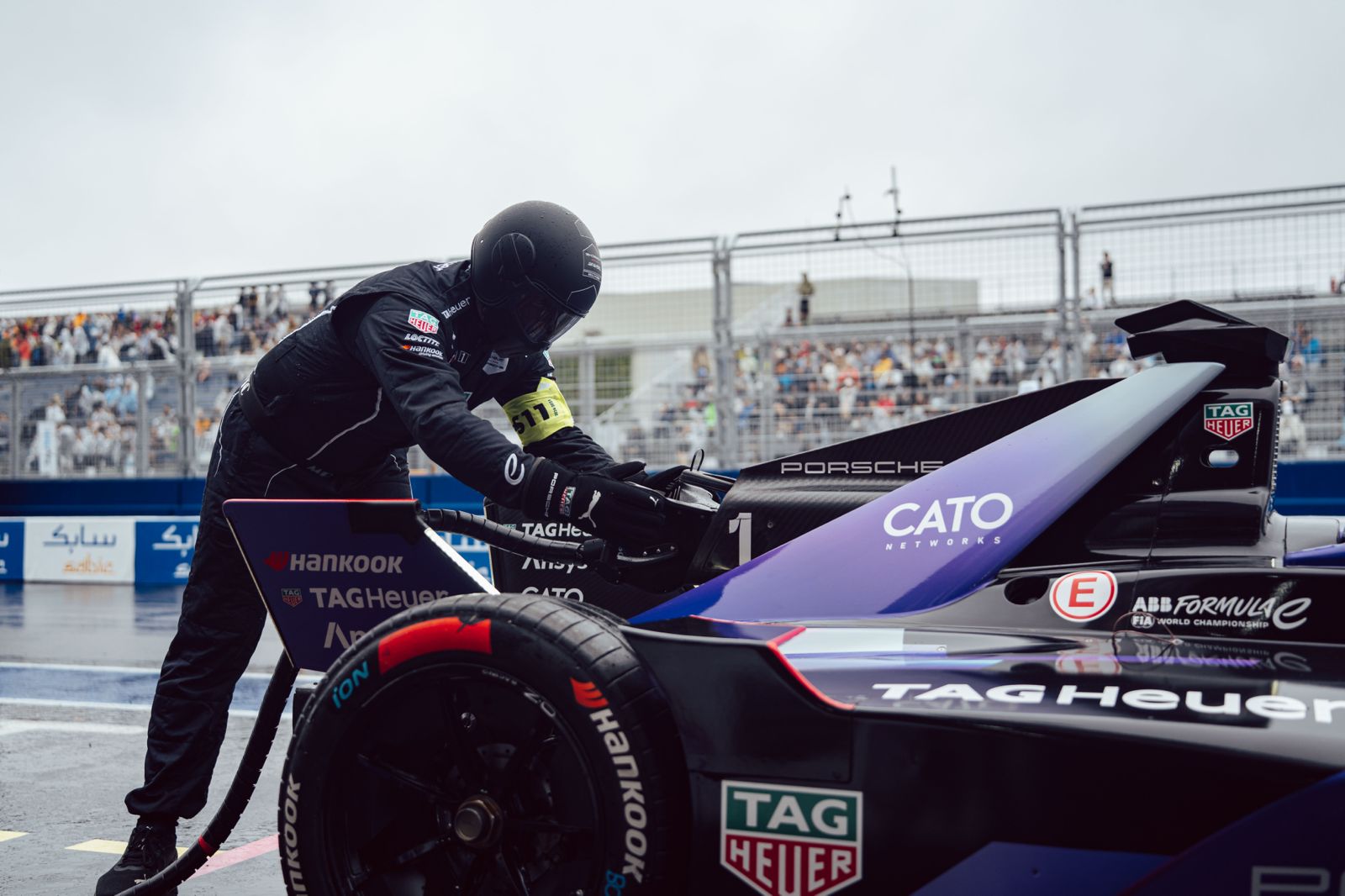Ahead of the 2025 F1 Azerbaijan GP, Esteban Ocon, currently in his first season with MoneyGram Haas F1 Team, weighed in on the ongoing conversation surrounding racing guidelines and stewarding consistency in Formula 1. Speaking to the written media ahead of the Baku weekend, Ocon, a seasoned F1 driver, shared his honest views on the sport’s evolving regulations and their enforcement through stewarding.
Ocon comfortable despite evolving racing rules
With increasing debate about what constitutes fair racing, especially following recent controversial on-track battles, many drivers and fans have questioned whether the current guidelines are working. However, when asked if he understood the rules and hoped for changes, Ocon replied, “I’m fine,” making it clear that the current state of the sport does not trouble him.
Pressed on whether the amount of discussion and confusion around the guidelines surprised him, the 29-year-old acknowledged that the racing regulations have definitely shifted — but noted that drivers were part of the process in shaping the changes.
“Yeah, well, it’s obviously changed to how it was before, but it’s something we’ve discussed with FIA. So, of course, when you put that in place, and then you use it to your advantage, it’s quite clear where some of the weaknesses of what we’ve put in place can be. But we’ve worked with [the] FIA to say, yeah, this is what we want, so we can’t really complain about it.”
Drawing a comparison to his early days in karting, Ocon explained how the current F1 system reminds him of a time when defending hard was simply the norm — and going around the outside was not an option.
“So yeah, it’s the way we’re racing. I’ve raced in the past, in my go-kart times, where if you were around the outside, you were in the grass on the exit of the corner. You couldn’t go around the outside of people. It is a little bit towards that, what we have now. For me, it’s fine. I’m happy with it.”
Adapting to a new style “can be odd” but rules a collaborative effort
However, he admitted that this change in approach can feel strange, especially since racing experience has trained drivers to always “leave a car’s width” through corners.
“But yes, it can be odd, because we’ve been used to racing a certain way. We’ve [been] leaving the space the whole way, and now you can do something a little bit different. Obviously, it’s a street circuit here [in Baku], so if you don’t leave the space, it’s going to be very different.”
Ocon emphasised that, despite personal preferences or confusion, the FIA does not impose rules on drivers but implements them after ongoing dialogue between the FIA and the grid.
“But yeah, we have to race with what rule is written, and even more on top of that, we can’t complain, because we work with the FIA to get such rules. It has to be that way.”
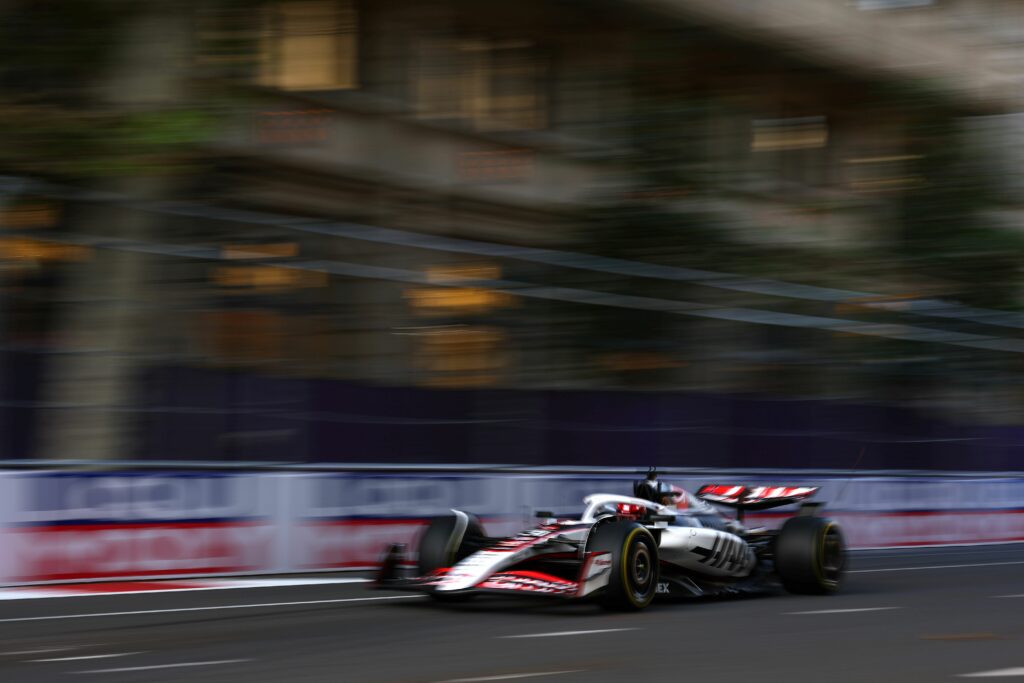
Rotating stewards still a source of uncertainty
One of the key topics in recent years has been the inconsistency in stewarding decisions — often attributed to the fact that the stewards rotate from race to race. When asked whether he supports the idea of permanent stewards, Ocon was quick to draw a parallel with something he personally experienced with his engineering team during his time at Alpine.
“Yeah, that’s a difficult topic, obviously. Even in some teams, there are rotating engineering teams or mechanics teams, and I’ve never been a fan of that. Even I remember at Alpine, we were rotating engineers at some point, and I hate that, because it’s obviously something that you work to build, something all the way together, and then you don’t have the recall, because it’s someone else joining on the following event, so you can’t work the same way as what we’ve been doing.”
Ocon explained that this inconsistency — even with something as structured as race stewarding — inevitably leads to confusion among F1 drivers. Knowing what to expect from the people making decisions is just as crucial as knowing the rulebook itself.
“So having different stewards also brings a little bit of uncertainty for us on what’s possible to do, and we can’t work and know what they expect from us as much as if it was always the same people. But we live in a championship where we have 24 races. Some of you guys [in the media] are doing all the races, but not many of you. So it is the same thing for them.”
A credible attempt to ensure consistency
Still, Ocon gave credit where it was due, noting that the FIA is much more transparent now than in previous years.
“So it is understandable that it’s very difficult to have the same people every time, but the FIA stewards are trying their best to have the consistency. They are very clear and transparent with us when we talk to them, so that’s something that’s very good compared to how it was some years ago.”
Experience important but different judgements to be expected
The conversation around stewarding in F1 often leads to a familiar question: should those officiating the sport have direct experience in F1? When asked for his view, Ocon agreed that experience matters but stressed that the FIA already takes this into account when selecting F1 stewards. Most stewards, he noted, are not strangers to the paddock.
However, he also acknowledged that while experienced stewards are in place, the challenge lies in the fact that human judgment will always introduce a level of variability. Different individuals, even when working from the same rulebook, can interpret racing incidents differently — something that can frustrate drivers but is, ultimately, an inevitable part of the sport. Ocon, however, does not take issue with this, suggesting that any debate may be more important to others than him.
“Yeah, and they have. The stewards we have, we’ve known them for years. Yes, they are not the same at every race, but we know them all. And they have [experience], but it’s difficult if you have different people with different judgments to always have the same outcome. It is normal, it is human. But you know, I’ve been okay with that everywhere, so it’s more a topic for somebody other than me, really.”
A measured voice in a shifting landscape
Esteban Ocon’s measured stance reflects a driver focused on adapting, not complaining. From shifting racing rules to rotating stewards, he recognises the imperfections — but also the shared responsibility. As the 2025 season unfolds, Ocon remains committed to racing within the framework the drivers helped create, confident in his approach.

